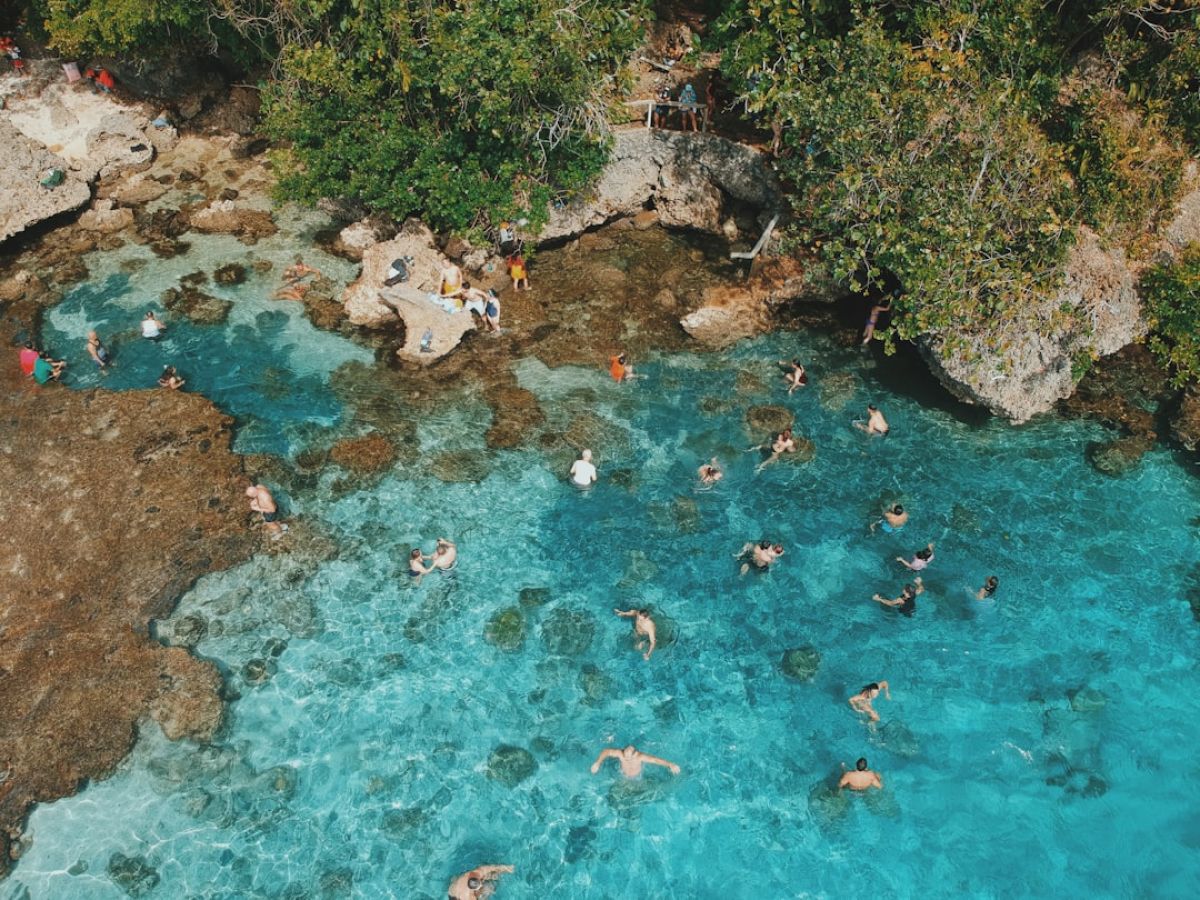Swimmer Found Unresponsive at Naples’ Lowdermilk Park

Unresponsive Swimmer at Lowdermilk: A Reminder of Water Safety in Naples Paradise
Naples, Florida, renowned for its pristine beaches and vibrant lifestyle, experienced a sobering moment recently with the discovery of an unresponsive swimmer at Lowdermilk Park. This incident, currently under investigation by the Naples Police Department, serves as a stark reminder of the importance of water safety, even in the seemingly tranquil waters of the Gulf. While details are still emerging, let’s take this opportunity to delve into the crucial aspects of beach safety and how we, as a community, can better protect ourselves and our loved ones in and around the water.
Lowdermilk Park: A Beloved Naples Destination
Lowdermilk Park, a jewel in the crown of Naples’ park system, draws locals and tourists alike with its soft white sand, inviting turquoise waters, and family-friendly amenities. From beach volleyball and playgrounds to concession stands and picnic areas, it’s a perfect spot to enjoy a classic Naples day. But amidst the fun and relaxation, it’s essential to remember that the Gulf of Mexico, while beautiful, demands respect.
Understanding the Gulf’s Unpredictable Nature
The Gulf isn’t a swimming pool. Its currents can shift unexpectedly, rip tides can form suddenly, and even seemingly calm waters can hide dangers beneath the surface. While lifeguards are present at Lowdermilk, they can’t be everywhere at once. Personal responsibility plays a vital role in ensuring safety.
Key Water Safety Practices for Naples Beaches
So, how can we ensure a safe and enjoyable experience at Lowdermilk and other Naples beaches? Here’s a breakdown of essential water safety practices:
* **Swim Near a Lifeguard:** Designated swimming areas patrolled by lifeguards offer a significantly safer environment. Lifeguards are trained to spot potential hazards and assist swimmers in distress. At Lowdermilk, pay attention to the flags and signage indicating safe swimming zones. * **Never Swim Alone:** The buddy system is crucial. Having someone with you can be the difference between a minor incident and a tragedy. If one person gets into trouble, the other can call for help or provide immediate assistance. * **Know Your Limits:** Be realistic about your swimming abilities. Don’t venture into deeper waters than you’re comfortable with, especially if you’re not a strong swimmer. The Gulf can be deceptively deep, and even experienced swimmers can be caught off guard by changing conditions. * **Beware of Rip Currents:** Rip currents are powerful, narrow channels of fast-moving water that flow away from the shore. They can quickly pull even the strongest swimmers out to sea. If you get caught in a rip current, don’t panic. Swim parallel to the shore until you’re out of the current, then swim back to shore. * **Check the Forecast:** Before heading to the beach, check the marine forecast for current conditions, including wave height, water temperature, and any warnings or advisories. Be particularly cautious on days with high surf or strong winds. * **Stay Hydrated:** Dehydration can impair judgment and increase the risk of cramps, which can be dangerous in the water. Drink plenty of water throughout the day, especially before, during, and after swimming. * **Protect Yourself from the Sun:** The Florida sun is intense. Use a high-SPF sunscreen, wear a hat and sunglasses, and seek shade during the hottest part of the day. Sunburn can weaken your body and make you more susceptible to other dangers. * **Supervise Children Closely:** Never leave children unattended near the water, even for a moment. Young children can easily get into trouble in even shallow water. Maintain constant visual contact and consider using life vests for non-swimmers or inexperienced swimmers. * **Learn CPR:** Knowing CPR can save a life. Consider taking a CPR course offered by the American Red Cross or other local organizations. Being prepared to administer CPR in an emergency can be invaluable. * **Respect Marine Life:** The Gulf is home to a diverse array of marine life. While most creatures are harmless, some can pose a threat. Avoid touching or interacting with unfamiliar marine animals, and be aware of potential hazards like jellyfish stings.
The Importance of Community Vigilance
The incident at Lowdermilk highlights the importance of community vigilance. We all have a role to play in ensuring water safety. If you see someone in distress, don’t hesitate to call 911 or alert a lifeguard. Even a seemingly small action can make a significant difference.
Moving Forward: Promoting Water Safety in Naples
This unfortunate event should serve as a catalyst for increased awareness and education surrounding water safety in our community. We need to continue promoting safe practices, supporting our lifeguards, and fostering a culture of responsibility in and around the water. Naples prides itself on its beautiful beaches, and we must all work together to ensure that they remain places of joy and relaxation, not tragedy.
Resources for Water Safety Education
Here are some valuable resources for further information on water safety:
* **City of Naples Parks & Recreation:** Check their website for beach safety guidelines and information on lifeguard services. * **Collier County EMS:** They offer CPR and other first aid training courses. * **American Red Cross:** A national organization providing water safety resources and training. * **National Oceanic and Atmospheric Administration (NOAA):** Provides up-to-date marine forecasts and safety information.
The beauty of Naples lies in its natural treasures, and our beaches are a vital part of that. By prioritizing water safety and remaining vigilant, we can continue to enjoy the Gulf’s splendor while minimizing the risks. Let’s learn from this incident and work together to make our beaches safer for everyone. The life you save may be your own or that of someone you love.